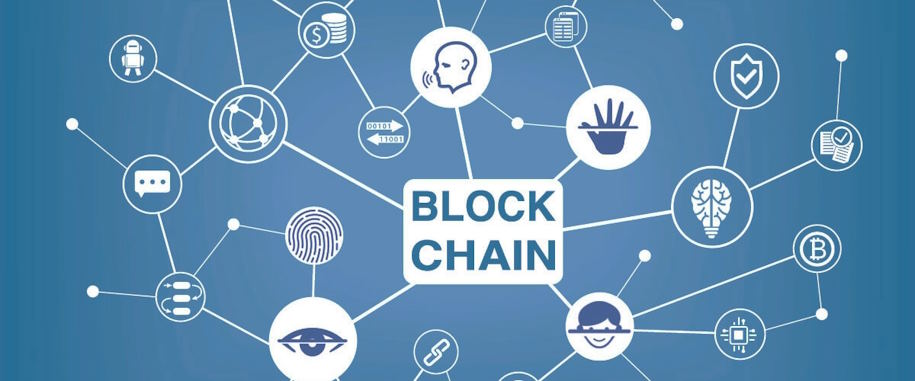Originating as the foundational structure for cryptocurrencies, blockchain has matured into a resilient and adaptable solution, expanding its impact across diverse industries. At the heart of this transformative force lies a fundamental question: What attributes contribute to the widely acknowledged reliability of blockchain technology?
Why do people prefer this technology?
Decentralization
Blockchain’s reliability is rooted in its decentralized architecture, a departure from traditional centralized systems. In a decentralized network, no single entity holds control, eliminating the vulnerabilities associated with centralized points of failure. This design principle ensures that the entire system is not susceptible to manipulation or disruption by a single authority. The resilience inherent in decentralization lies in the distribution of decision-making power among nodes, fostering a network that can withstand individual failures or attacks, making it highly reliable in the face of adversity.

Immutability
The concept of immutability in blockchain underlines the permanence of recorded data. Once information is inscribed into the blockchain, it becomes resistant to alteration or tampering. This unalterable record contributes significantly to the reliability of historical data. In scenarios where maintaining the integrity and trustworthiness of information is paramount, such as financial transactions or legal agreements, the immutable nature of blockchain establishes a solid foundation of reliability.
Transparency
Transparency is a hallmark of blockchain technology, as every transaction is recorded on a ledger accessible to all participants in the network. This clear and accessible record fosters trust among users and stakeholders, contributing to the reliability of the information stored. The transparency of blockchain transactions not only ensures accountability but also enhances the system’s overall reliability by providing a verifiable and auditable record of activities.
Security Features
The reliability of blockchain is underpinned by its strong security components. Cryptographic methods, including hashing, are employed to encrypt transactions, guaranteeing the privacy and security of participants.



